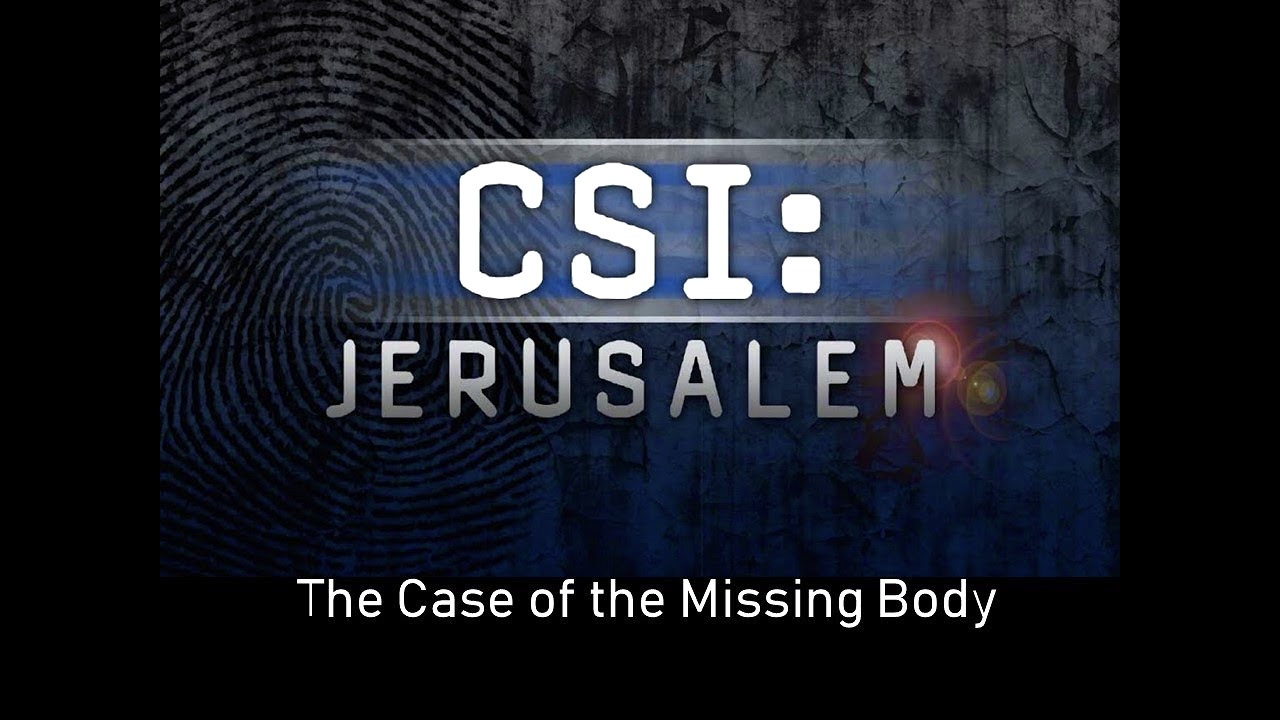 The narrative of the scientific evidence surrounding the resurrection of Jesus Christ intertwines historical inquiry, archaeological discoveries, and analyses of psychological and sociological phenomena.
The narrative of the scientific evidence surrounding the resurrection of Jesus Christ intertwines historical inquiry, archaeological discoveries, and analyses of psychological and sociological phenomena.
In the early days of Christianity, the resurrection was proclaimed by Jesus’ disciples as a pivotal event. This claim is documented in the New Testament, particularly in the Gospels, where multiple accounts describe encounters with the risen Christ. The consistency of these testimonies across different sources suggests that they stem from a collective experience rather than a mere fabrication.
Historians have noted the significant transformation in the disciples after Jesus’ death. Initially fearful and disheartened, they became bold proclaimers of the resurrection. This dramatic shift raises questions about what could have triggered such a profound change. Scholars argue that the only plausible explanation for their newfound courage and conviction is that they genuinely believed they had witnessed the risen Christ.
Archaeological findings further support the historical context of these events. The discovery of ancient manuscripts, such as the Dead Sea Scrolls and early Christian writings, has provided insights into the beliefs and practices of early Christians. These texts often reference the resurrection, indicating that it was a central tenet of their faith from the outset.
Moreover, psychological studies on belief systems reveal that transformative experiences can lead to significant changes in individuals and communities. The overwhelming belief in the resurrection among early Christians can be seen as a collective psychological phenomenon, where shared experiences and convictions fostered a strong community identity.
Additionally, the rapid spread of Christianity in the face of persecution suggests that the resurrection resonated deeply with people, providing hope and purpose. The willingness of early Christians to face martyrdom for their beliefs implies a conviction rooted in profound personal experiences.
While scientific inquiry may not provide definitive proof of the resurrection, the convergence of historical evidence, archaeological findings, and psychological insights creates a compelling narrative. This narrative portrays the resurrection not just as a theological claim, but as a transformative event that shaped the course of history and continues to influence millions today. Ultimately, it invites individuals to explore the profound implications of this event within the broader context of faith, hope, and the quest for meaning.
Lonnie
No comments:
Post a Comment